|
Scenario about stress with children: Alexis is a young infant in your classroom. You have noticed that when the overhead lights are on Alexis does not make eye contact and pushes you away when you try to pick them up. What would you do in this scenario? Example responses to Scenario:
Scenario about stress with children: Tabby is a new toddler in your classroom. You have noticed that she covers her ears a lot throughout the day. This prevents Tabby from participating in your classroom activities since she is focused on covering her ears. What would you do in this scenario? Example responses to Scenario:
Comment below how you would handle either of the scenarios.
0 Comments
Scenario about Inclusive Classrooms: Lincoln is a 5-year-old who is joining your classroom in a few weeks. Lincoln's parents mentioned that he uses a wheelchair most of the time during your first meeting. They tell you that he mostly likes to be in his wheelchair and that if he gets down onto the floor to play, he will need support getting back into his chair. What modifications could you make in your current classroom to support Lincoln? Example responses to Scenario:
Scenario about Inclusive Classrooms: A new child, Amin, has just started in your classroom and he has autism spectrum disorder (ASD). Amin has unique sensory and communication needs, and he requires specific supports and accommodations to ensure his successful participation in the classroom. Amin often misses parts of your directions for activities and does not want to participate in new sensory-related activities. What could you do to help Amin be able to do well in your classroom? Example responses to Scenario:
Comment below how you would handle either of the scenarios. Do you know how to support infants and toddlers with their stress? Angry outbursts and negative reactions to stress in parents and caregivers have an impact on infants and toddlers’ stress levels. In this training, we will explore stress and its impact on infants and toddlers, the causes of stress in children in daily life, in the classroom, and methods for reducing stress for children.
***Does this topic interest you?*** You could enroll in our new course titled Limiting Stress in Infants and Toddlers for 2 clock hours. Click here to enroll. Comment how you limit your own stress and would that help with infants and toddlers too?
Here is mine: I try to stay away from any stressors that I can. I try to focus on what I can control rather than cannot control. Yes, I believe that's a good thing for infants and toddlers as well. Scenario about Social Milestones: James, who is 4 years old, will only play with Tricia throughout the day and no other children. Are James’s actions developmentally appropriate? Why or why not? Example responses to Scenario:
Scenario about Language Milestones: Jarrette, who is in second grade, has been using inappropriate language. Are Jarrette’s actions developmentally appropriate? Why or why not? How would you react to the language? Example responses to Scenario:
Comment below how you would handle either of the scenarios.
Scenario about Physical Milestones: Clark is 2 ½ years old. He has started to refuse to play while he is outside. He will sit on the ground by the gate or on a bench. His teachers will roll a ball to him and he will refuse to play with it. Inside the classroom he loves to dance and play moving games on the carpet. What could his teachers do to encourage Clark to play and use his gross motor skills outside as well as inside? Example responses to Scenario:
Scenario about Emotional Milestones: Gretchen is 13 months old. She is the “tester” in the classroom. If her teacher puts a cup of paint on the table next to her to help another child, Gretchen will stick her hand it in. If her teacher sets a bucket of foam blocks on a shelf while grabbing other toys, Gretchen will pull it down and crawl away. What reason could you presume that Gretchen is acting the way that she is? Is this typical? Example responses to Scenario:
Comment below how you would handle either of the scenarios.
|

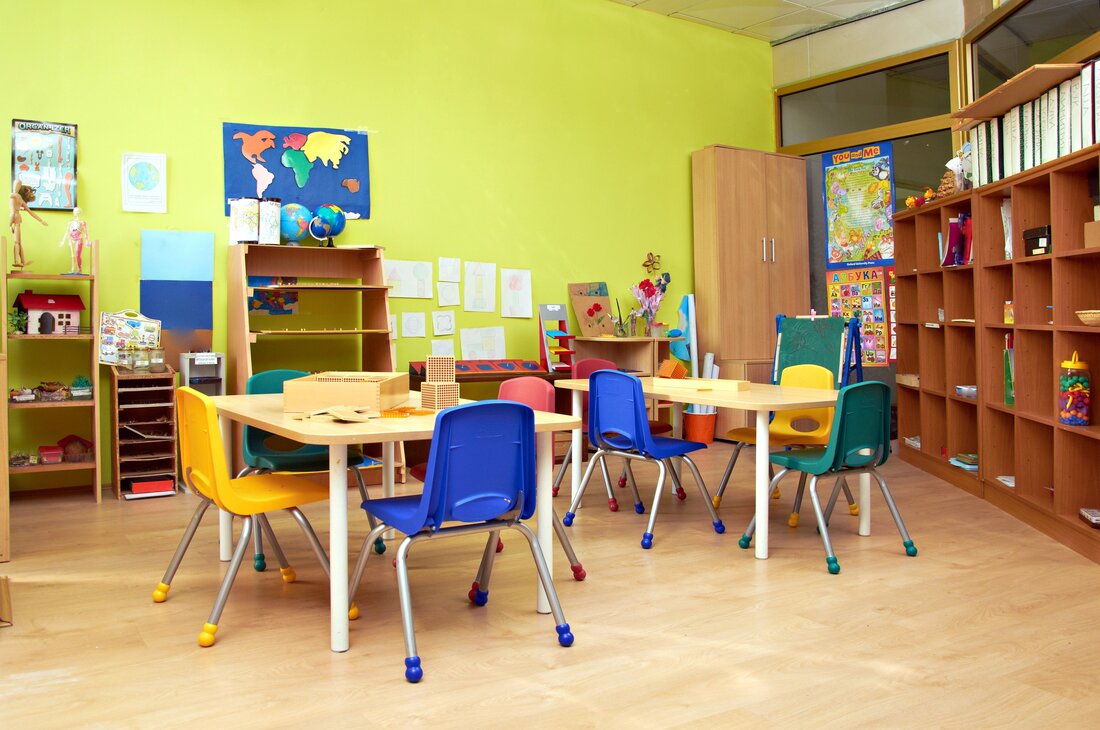


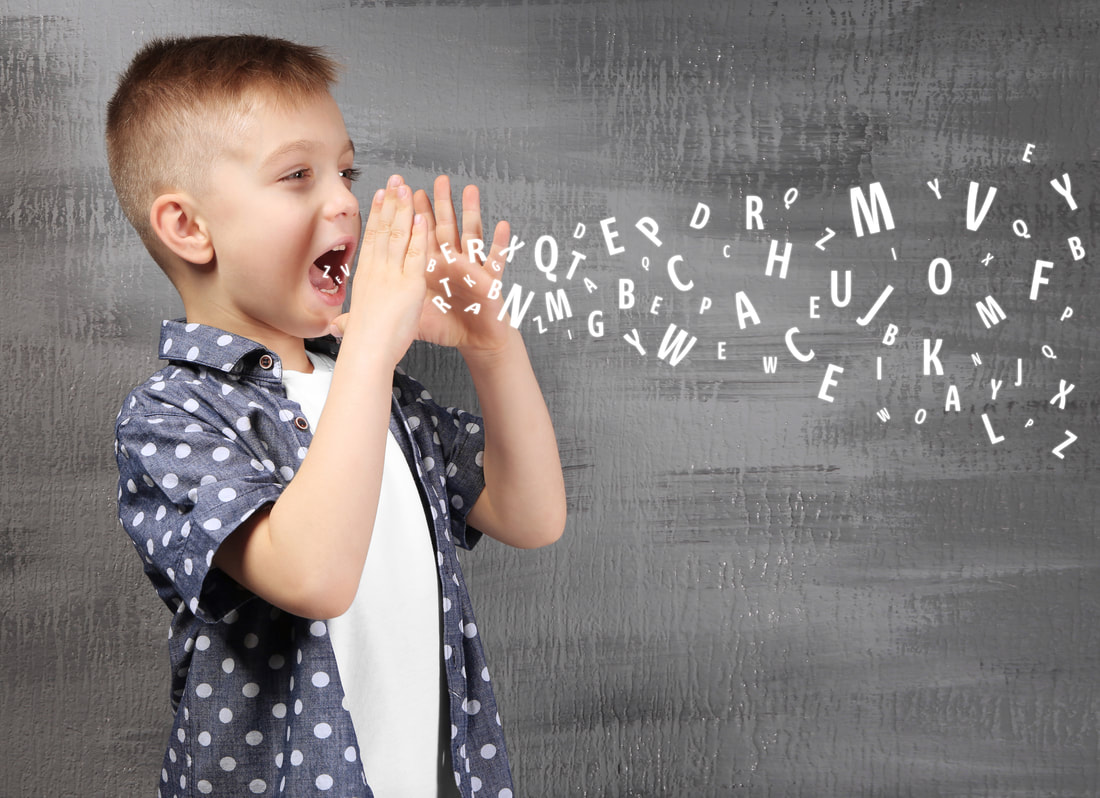


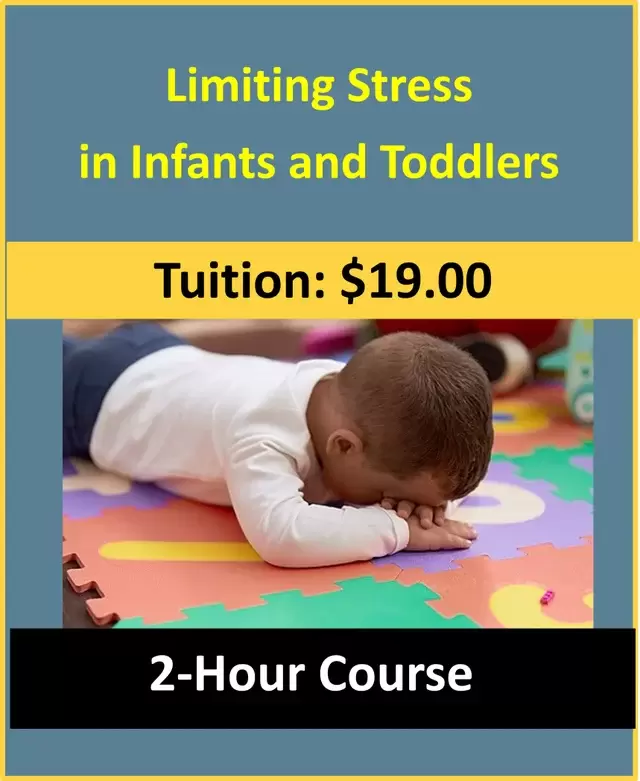



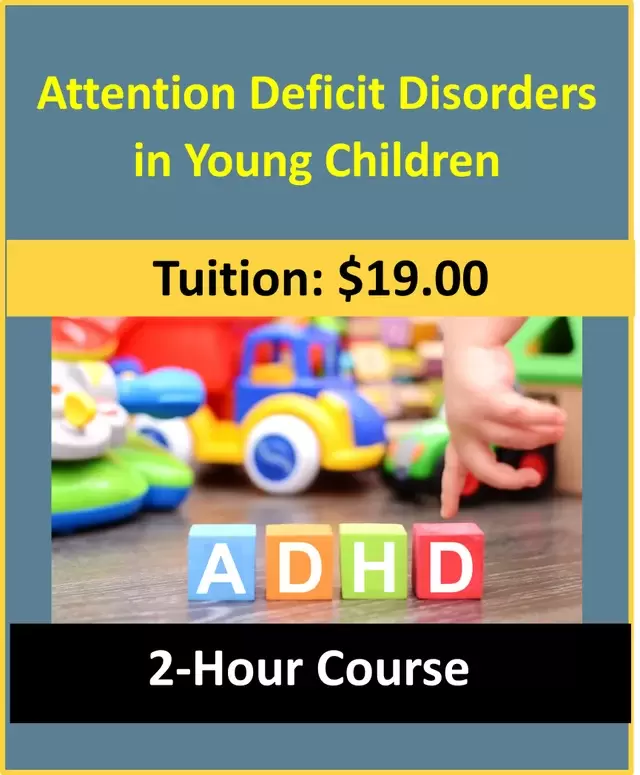

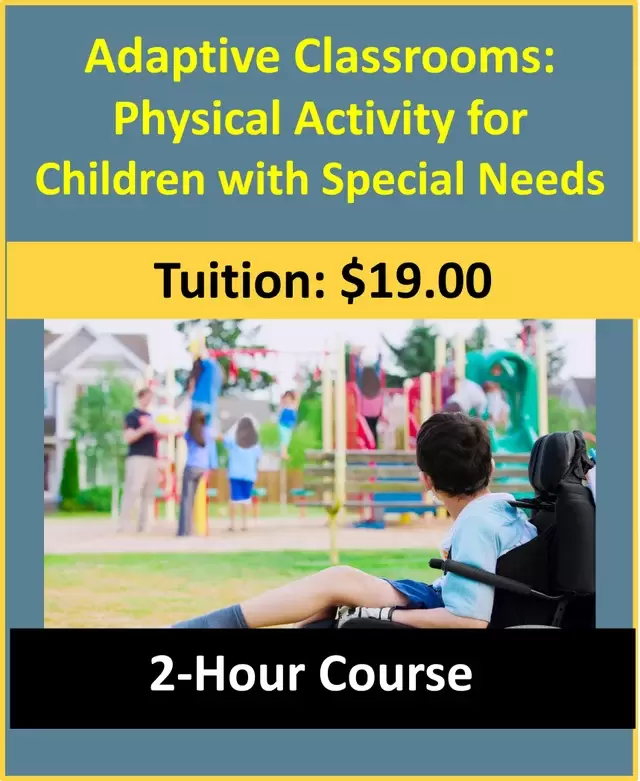





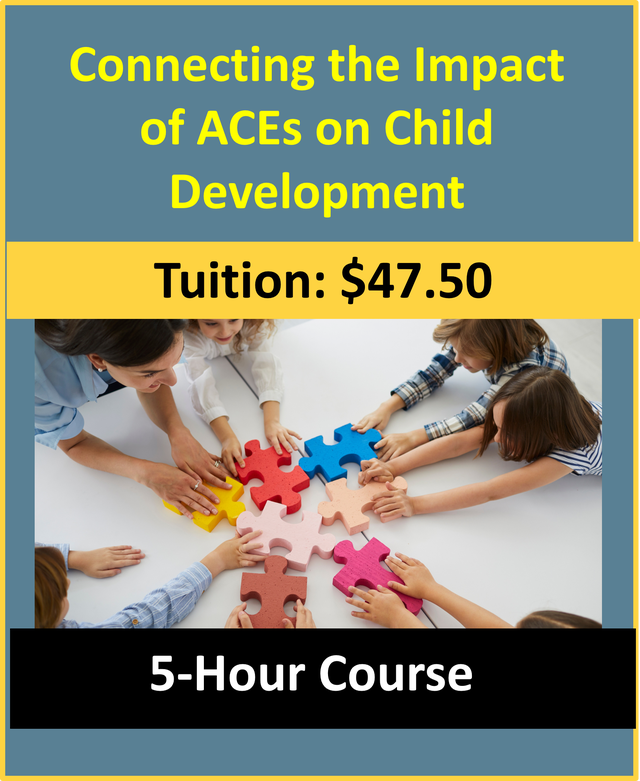







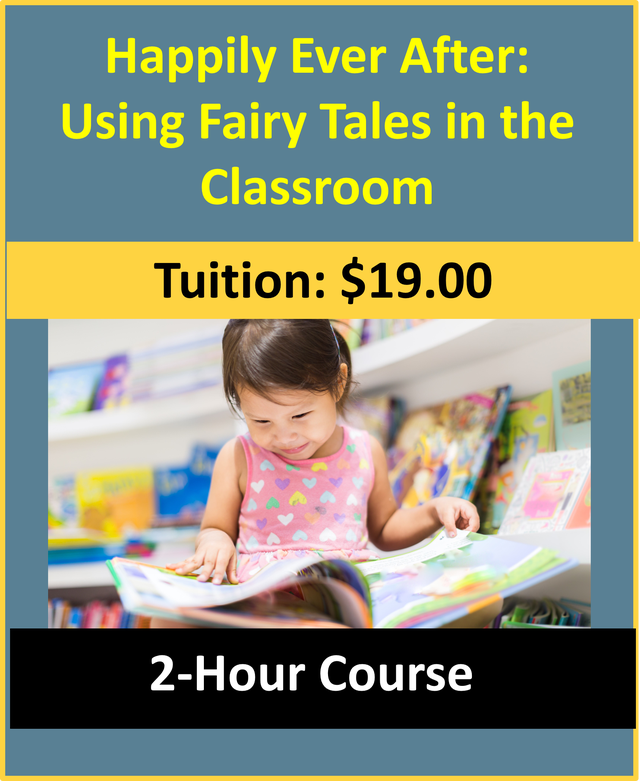
 RSS Feed
RSS Feed